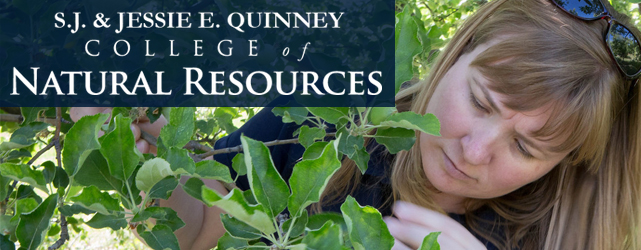Dynamics of individual and collective agricultural adaptation to water scarcity
Document Type
Article
Journal/Book Title
Winter Simulation Conference 2016 Proceedings
Publisher
2016 Winter Simulation Conference (WSC)
Publication Date
1-1-2016
First Page
1678
Last Page
1689
Abstract
Drought and water scarcity are growing challenges to agriculture around the world. Farmers can adapt through both individual and community-based collective actions. We drawon extensive field-work conducted with paddy farmers in rural Sri Lanka to study adaptations to water scarcity, including switching to less water-intensive crops, farming collectively on shared land, and individually turning to groundwater by digging wells. We explore how variability in climate affects agricultural decision-making at the community and individual levels using three types of decision-making, each characterized by an objective function: risk-averse expected utility, regret-adjusted expected utility, and prospect theory loss-aversion. We also assess how the introduction of individualized access to irrigation water with wells affects community-based drought mitigation practices. Preliminary results suggest that the growth of well-irrigation may produce sudden disruptions to community-based adaptations, but that this depends on the mental models farmers use to think about risk and make decisions under uncertainty.
Recommended Citation
Burchield, E., Gilligan, J. (2016). Dynamics of individual and collective agricultural adaptation to water scarcity. Winter Simulation Conference 2016 Proceedings.





